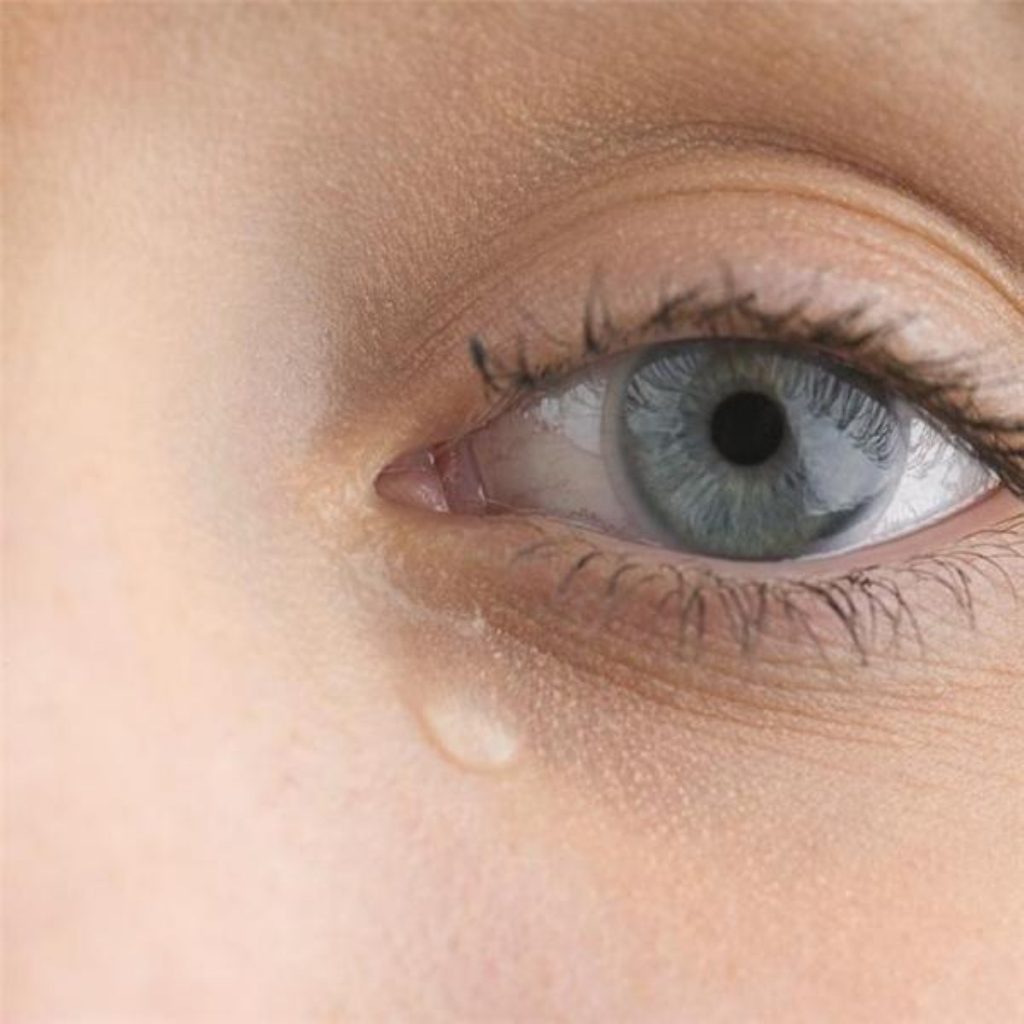Cinderella law: Emotional abuse ‘risks criminalising millions’
The 'Cinderella law' set to criminalise emotional abuse "creates more problems than it solves", a leading sociologist has warned.
Frank Furedi, the author of Paranoid Parenting and emeritus professor of sociology at the University of Kent, told Politics.co.uk the attempt risked criminalising millions of parents who treat their children strictly.
His warnings have been dismissed by the MP backing the reform, Robert Buckland, who has insisted any change would not affect the vast majority of parents.
But Furedi said the decision to put emotional abuse on the same level as physical and sexual abuse "renders rigid" the "very fluid, interactive dynamic" which characterises most parent-child relationships.


"I know, having worked with children, the same kind of signal that I send out will be seen by one as an affirmation of their personality, and by another as maybe a bit threatening," he explained.
"The minute you bring those interactions into the legal domain, invariably you create more problems than you solve."
Campaigners led by the charity Action For Children have called for the reform in order to punish those who make their children's life a misery with an unrelenting campaign of emotional degradation.
But Furedi said the shift reflected a broader cultural shift reinforcing the ideas of 'attachment parenting', which first emerged in the 1970s.
"If you lose the rhetoric you get an increasingly expansive imagination where the relationship between parents and their children is increasingly cast in a very problematised light, so that it bears no relationship to reality," he added.
"It's other cultural forces which are driving it. That's not really seen when campaigners [point to cases of abuse and] say this is horrible, we've got to do something about it.
"At the end of the day they haven't discovered something we didn't know about, they're instilling something else into the problem."
The government has indicated it will support the Cinderella Law campaign, but it is not yet clear how the reform will make it on to the statute book.
One option is for it to feature in the criminal justice and courts bill, which is expected to continue its progress through parliament after the Queen's Speech next month.









